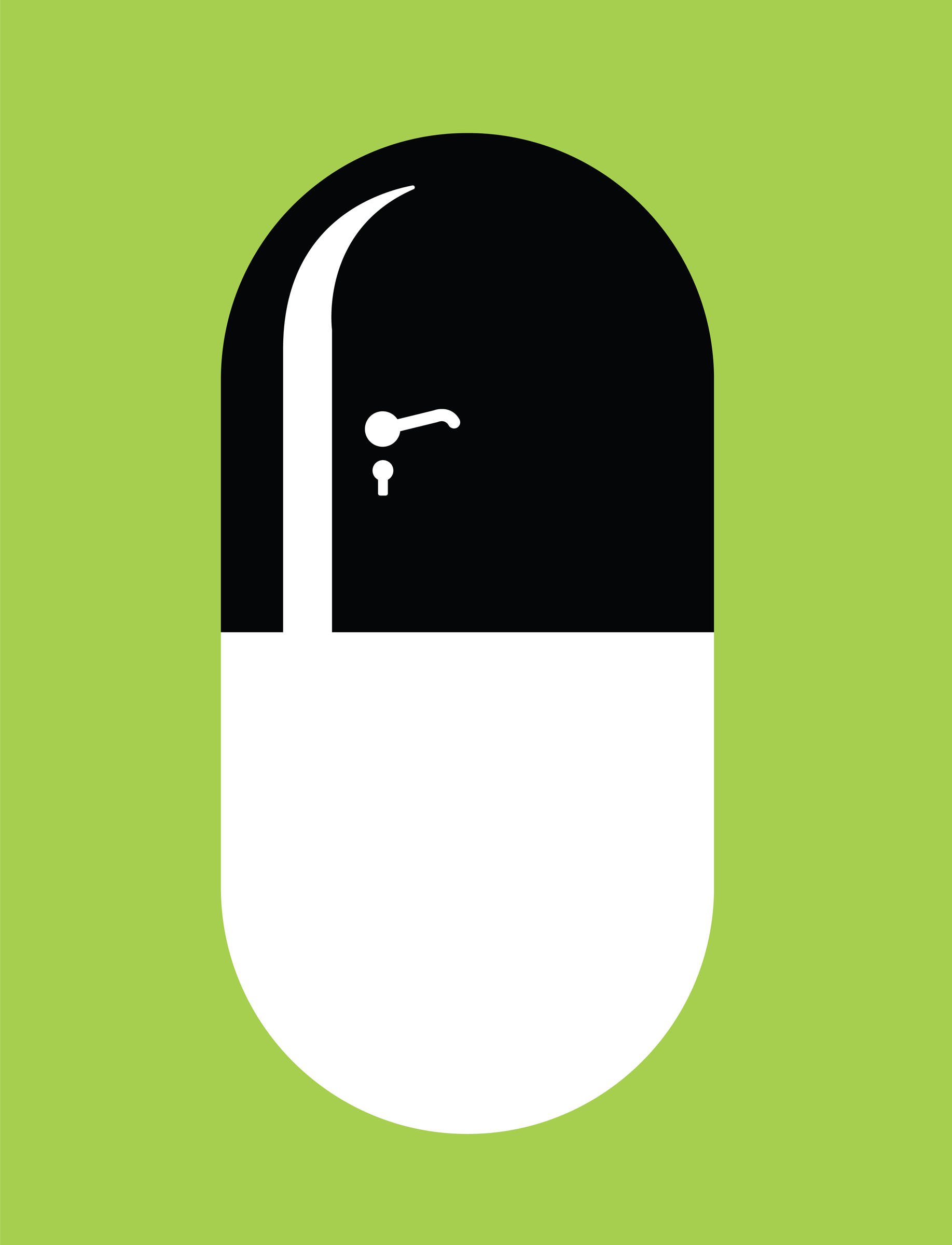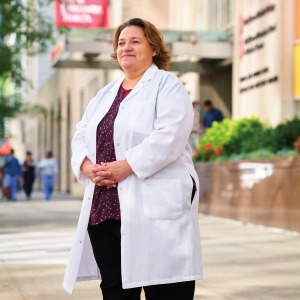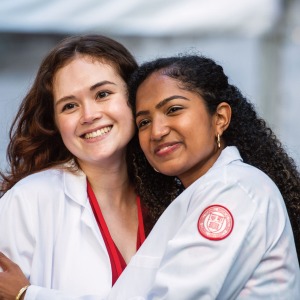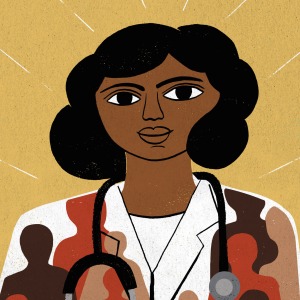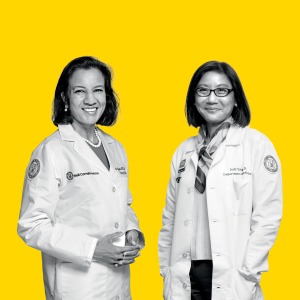Worry Relief for Kids During COVID-19

Stress, sadness and COVID-related worry in children decreased significantly after the rollout of vaccinations in adults in December 2020, according to research published in JAMA Psychiatry. “Children who are living in states with higher vaccination rates may be less worried about the future of this pandemic,” said lead author Dr. Yunyu Xiao, assistant professor of population health sciences at Weill Cornell Medicine. “Getting vaccinated may also affect the mental health of parents and the home environment that kids are living in."
In their research, which assessed data from 8,493 children in the Adolescent Brain Cognitive Development study, the investigators also found that social determinants of health — including food insecurity, unemployment, disrupted access to health care, and having parents who were essential workers — played an important role in children’s mental health during the pandemic. “Many of these structural and social issues existed before the pandemic but were further exacerbated by it,” Dr. Xiao said.
56%
Reduction in the incidence of atrial fibrillation, with no added risks or side effects, associated with a simple surgical technique during cardiac surgery, according to a study by Weill Cornell Medicine and NewYork-Presbyterian investigators that appeared in The Lancet. The findings suggest that the method, called posterior left pericardiotomy, has significant potential for preventing prolonged hospital stays and the need for additional interventions and drugs to reduce the risk of strokes and heart failure associated with atrial fibrillation.
“Previous studies were small with major limitations in study design, so there was no clear direction on whether posterior left pericardiotomy is beneficial for preventing atrial fibrillation,” said lead investigator Dr. Mario Gaudino, the Stephen and Suzanne Weiss Professor in Cardiothoracic Surgery at Weill Cornell Medicine and a cardiothoracic surgeon at NewYork-Presbyterian/Weill Cornell Medical Center. “Our study is the first to provide rigorous evidence of the benefits of the technique in a large group of patients at a single institution.”
